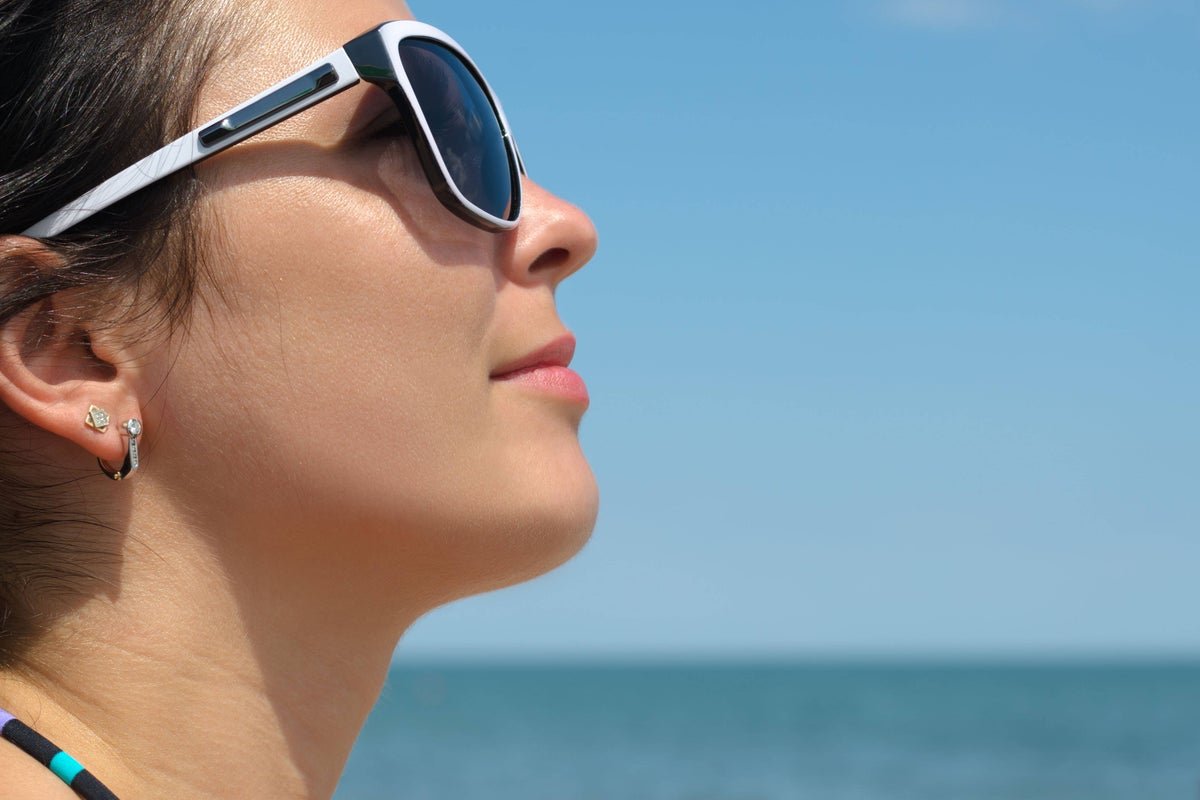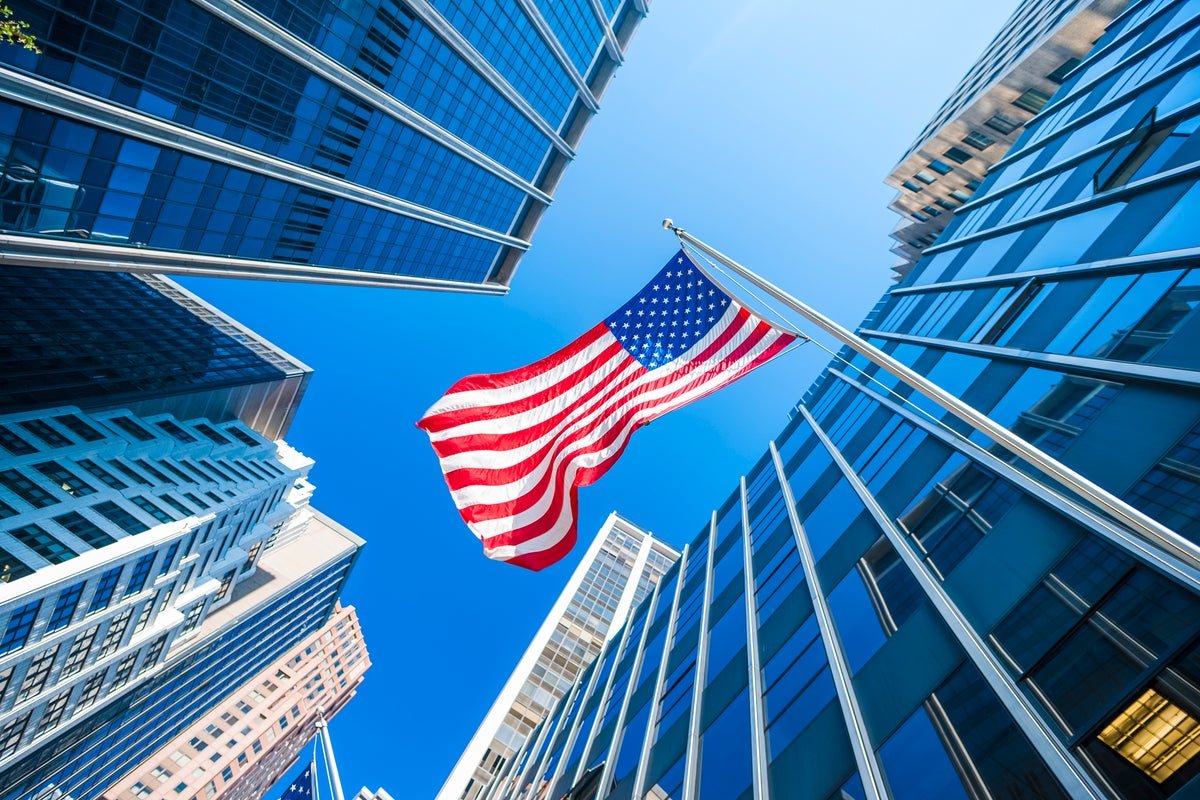When shopping for a new pair of sunglasses, style shouldn’t be your only concern – prioritising how well they protect your eyes from harmful UV rays is just as important.
According to a recent Which? investigation, a third of children’s sunglasses bought from online marketplaces including Amazon, AliExpress, eBay and Temu did not provide the required protection and were unsafe.
Which? researchers bought 20 pairs of children’s sunglasses from online marketplaces, finding UV protection levels were “dangerously low” for two of them, despite claims they offered full protection.
To understand what truly makes a good pair of sunglasses and why UV protection matters, we spoke with Dr Paramdeep Bilkhu, clinical adviser at The College of Optometrists, who shared some helpful insight on this important topic…
What protective features should people check that their sunglasses have?
“Make sure that your glasses protect your eyes against UVA and UVB rays as they are the two types of UV light which can cause the most harm to the eyes,” advises Bilkhu. “There should be a marker on the either side, or the inside of the frame, which says that it’s either CE marked or UKCA marked. This means that the lenses adhere to the British Standards and have been manufactured to the right parameters to protect against the harmful UV light that can cause damage to the eye.
“If your sunglasses don’t carry these marks, you should be very wary about whether or not they actually provide the level of protection needed.”
Why is it important that you protect your eyes from UV rays?
UV light exposure has been linked with a number of eye issues.
“In short-term cases, overexposure to UV light can sunburn your eyes, caused by photokeratitis, which can be very painful and can also cause blurred vision,” says Bilkhu. “Fortunately, this can be treated, but it’s very uncomfortable.”
However, he explains that longer term exposure to UV has been linked with more serious eye issues such as cataracts, macular degeneration and even cancer.
“If you don’t have the right level of protection, you are putting your eyes at risk of potential conditions later in life,” warns Bilkhu. “We know that cataracts, for example, can naturally develop over time as we get older, but if you’re exposed to UV light levels to a higher degree, you’re more likely to develop it earlier, and the cataracts are more likely to be severe, so it’ll impact your vision.
“That’s why it’s really important to make sure that you take care of your eyes early as possible to help reduce your risk of those eye problems later in life.”
Are any particular styles of sunglasses that are better at protecting our eyes than others?
“Sunglasses that have thicker sides and wrap around the face offer more protection because they’ll block it from more angles, rather than just from the direction of the lens,” explains Bilkhu. “For example, if you’re near water or are going on the ski slopes, light can bounce up from the ground, so the wrap-around style offers more protection in these instances.”
Do darker lens always mean better UV protection?
“Many people assume that the darker the lens, the more protection – but that’s not the case,” clarifies Bilku. “All a darker tint does is block the amount of glare from the sun. So, yes it might make it more comfortable, but it has no effect on the UV protection.
“UV light can transmit through the lens no matter what colour it is or what shade it is, and that is why sunglasses need to have the UV protection filter built into the lenses, or on the surface of the lenses, to enable it to provide the protection that you need.”
How can people tell if their eyes are suffering from UV damage?
“The effects of UV exposure is cumulative for longer term conditions, so there won’t be any immediate symptoms. But if people do feel their eyes becoming very sore, very red, watery or light sensitive then that could indicate that they may be experiencing that sunburn of the eye caused photokeratitis,” says Bilku.
“However, those symptoms are often non-specific and could be caused by other conditions as well, so if anybody has any acute eye symptoms like that, you should contact a local optometrist for advice as soon as you can.”
Does the fit of your sunglasses impact how protected your eyes are?
“It’s really important that you make sure that your sunglasses fit correctly,” says Bilku. “You can have very good quality lenses which have the right protection, but when they’re not fitted properly and not suited to your face then the protection becomes very limited.
“That’s why we recommend that, whenever possible, people actually purchase their sunglasses from a local opticians practice so they can ensure that a) the glasses offer the right level of protection and b) they’re fitted correctly, particularly for the case of children because their heads are obviously smaller.”
Does damage on sunglasses impact their UV protection?
“If the lens’ surface is damaged that could potentially impact the protection that’s offered,” says Bilku. “Any scratching or breakdowns of the surface of the sunglasses or coatings would impact the quality, so make sure that they’re in good repair.
“Store them in a case when they’re not being worn, and clean them using the lens cloth and lens cleaner to keep them in good condition.”
What else can we do to protect our eyes from the sun?
“The sun is directed from above you, so wearing a wide-brimmed hat, in addition to the wearing sunglasses, offers the maximum protection to protect your eyes,” says Bilku.
#sunglasses #damaging #eyes



